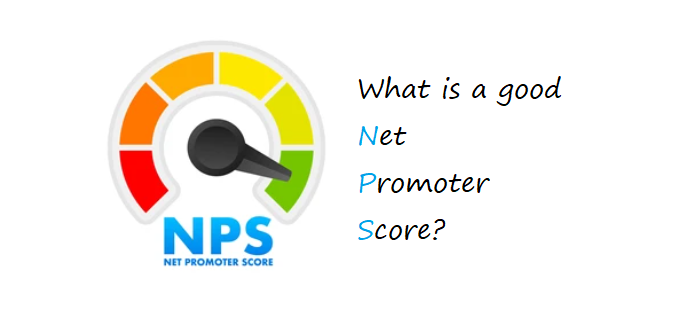Ghosting in Business: Why It Happens, Its Impact, and How to Handle It Professionally
Ghosting, a term originally coined in the context of dating and personal relationships, has unfortunately crept into the business world as well. In this article, we delve into the phenomenon of ghosting in business, exploring why people do it, its effects on professional relationships, and offering alternatives to maintain professionalism and respect in business interactions.
Why Do People Ghost in Business?
Ghosting in business can take various forms, from ignoring emails and messages to failing to follow up on job applications, interviews, or collaborations. There are several reasons why individuals may resort to this unprofessional behaviour:
- Conflict Avoidance: One of the primary reasons people ghost in business is their fear of confrontation or delivering disappointing news. Instead of addressing difficult issues head-on, they choose to avoid them altogether.
- Overcommitment: Some professionals may become overwhelmed with their workload or commitments, leading them to neglect or ignore certain responsibilities, projects, or contacts.
- Lack of Communication Skills: In some cases, individuals may lack the necessary communication skills to respond appropriately or professionally. They might not know how to say no or provide constructive feedback, leading to silence instead.
- Misplaced Priorities: Ghosting can also occur when individuals prioritize other tasks and relationships over the one they are neglecting, leading to unresponsiveness.
The Effects of Ghosting in Business
Ghosting in a professional context can have significant and lasting consequences:
- Damage to Reputation: Being unresponsive or neglecting professional commitments can damage your reputation. Colleagues, clients, and partners may view you as unreliable, untrustworthy, and lacking in professional integrity.
- Lost Opportunities: Ghosting can lead to missed opportunities, be it a job offer, a business deal, or a chance to collaborate with other professionals. Ignoring inquiries or failing to follow up can result in these opportunities going elsewhere.
- Poor Work Relationships: Ghosting can erode trust and lead to strained working relationships. Colleagues and clients may become frustrated, feeling that their time and efforts have been wasted.
- Missed Learning and Growth: By avoiding uncomfortable conversations and challenges, you miss opportunities for personal and professional growth. Addressing problems and providing feedback constructively is essential for improvement.
How People Perceive You Professionally When You Ghost
When you ghost in a business context, people often perceive you negatively, which can harm your professional standing:
- Unreliable: Ghosting gives the impression of unreliability. Colleagues and clients may hesitate to rely on you for critical tasks or projects.
- Unprofessional: Ignoring professional correspondence or commitments is viewed as unprofessional behaviour, tarnishing your image in the eyes of others.
- Disrespectful: Ghosting is seen as a sign of disrespect for other people’s time, effort, and needs.
- Uncaring: Failing to respond or follow up can make you appear indifferent or apathetic toward your business relationships.
What to Do Instead of Ghosting
To maintain professionalism and respect in your business interactions, consider these alternatives to ghosting:
- Communicate Clearly: If you need to decline an offer, provide feedback, or express your inability to meet a commitment, communicate your reasons honestly and respectfully.
- Set Expectations: Clearly outline your boundaries and availability from the beginning, so others understand your limitations.
- Prioritize and Organize: Keep a clear record of your responsibilities and commitments. Prioritize tasks and stay organized to prevent becoming overwhelmed.
- Time Management: Manage your time effectively, allowing you to respond promptly to inquiries and maintain clear communication.
- Learn to Say No: Developing the ability to say no professionally and respectfully is a valuable skill. It enables you to decline requests without resorting to ghosting.
Ghosting in business is a harmful practice that can damage professional relationships, hinder personal growth, and tarnish your reputation. Instead of avoiding difficult conversations and neglecting commitments, prioritize clear and honest communication. By doing so, you can maintain professionalism and respect in your business interactions, ultimately fostering trust and credibility in your professional network.







